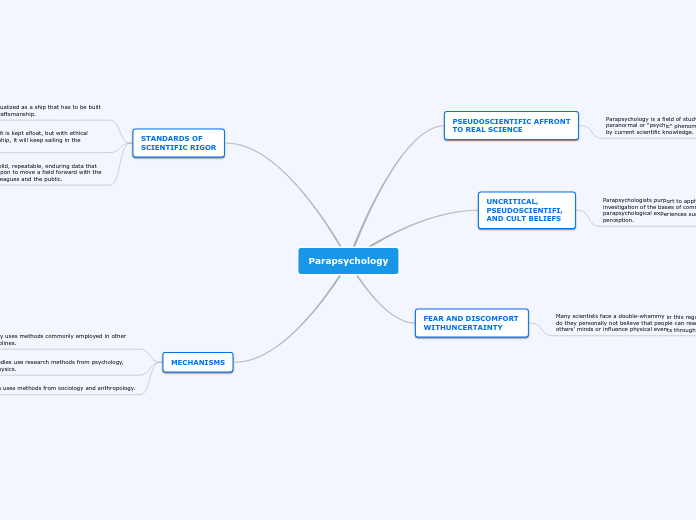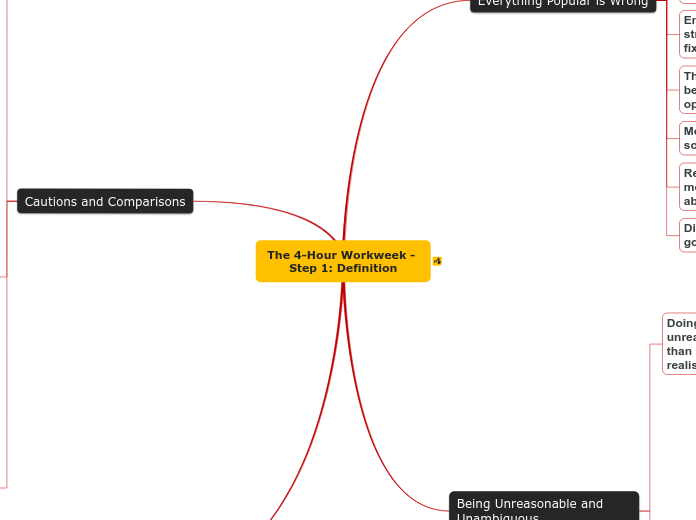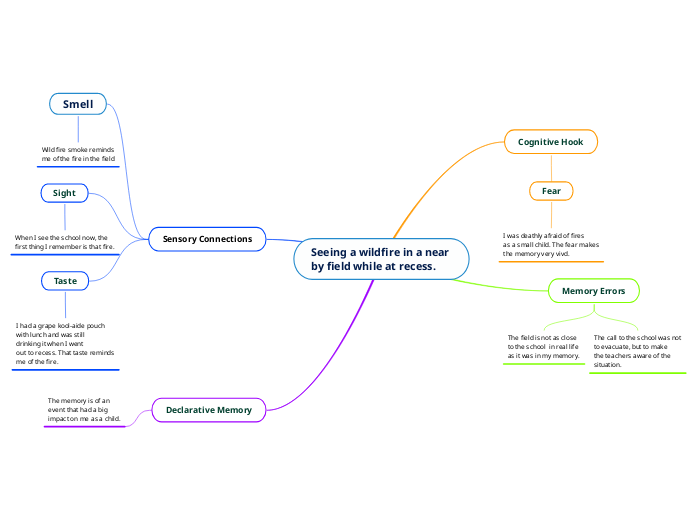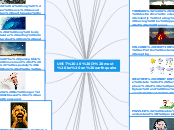von raul Peña Vor 6 Jahren
181
Parapsychology
Parapsychology claims to employ scientific methods to study phenomena such as extrasensory perception, often met with skepticism from the scientific community. Many scientists reject the idea that minds can interact in ways that defy established scientific principles.









